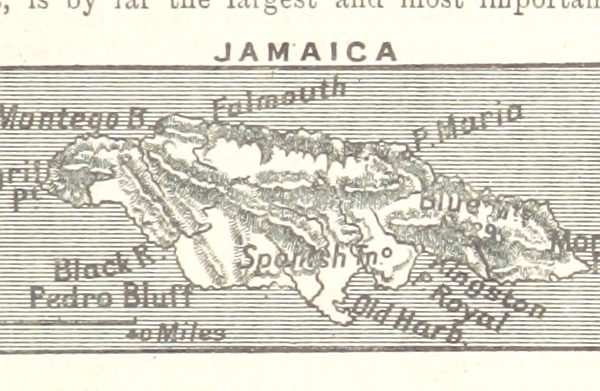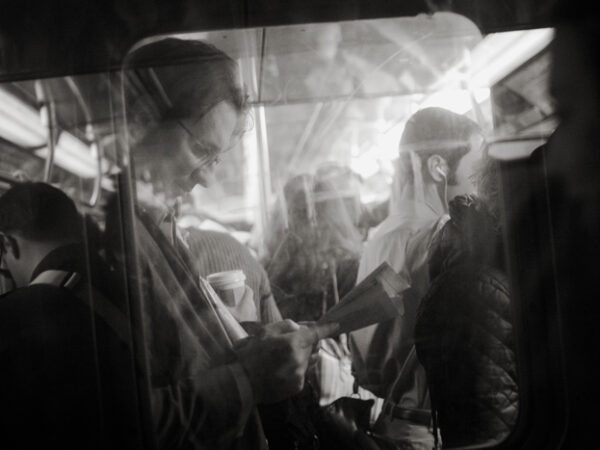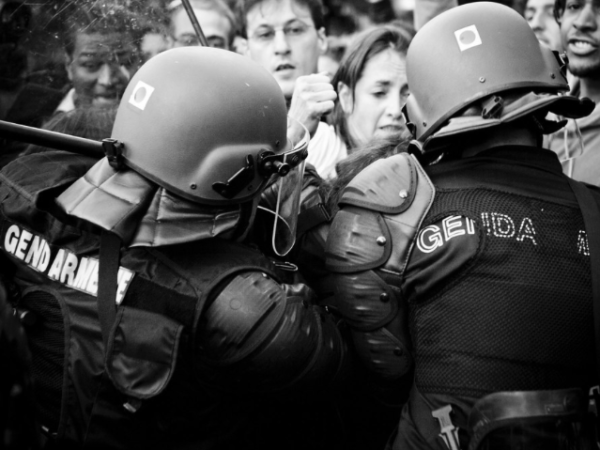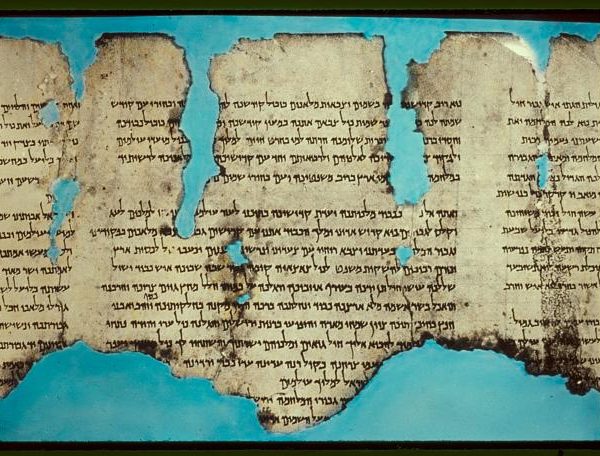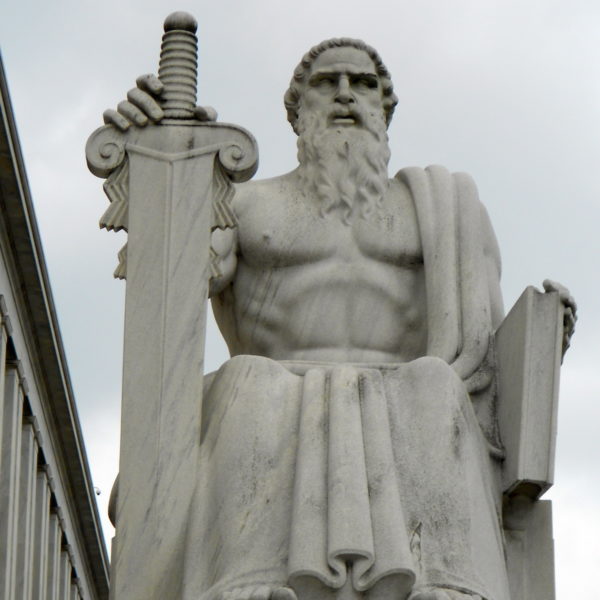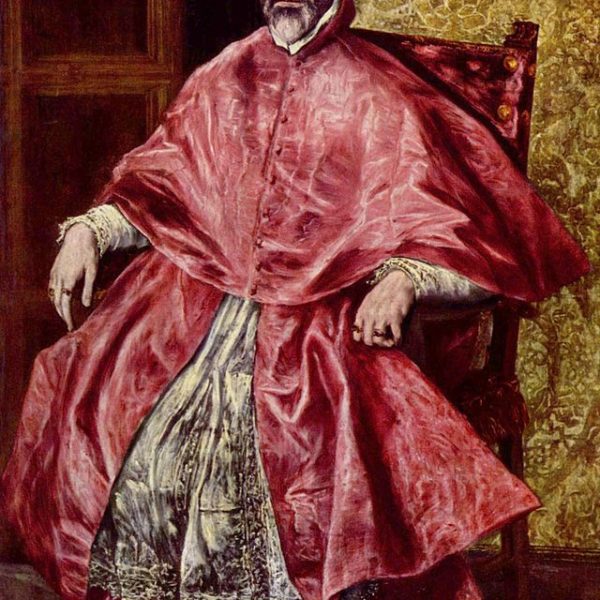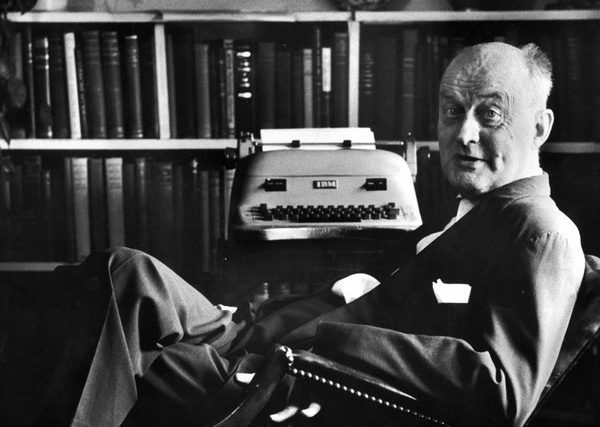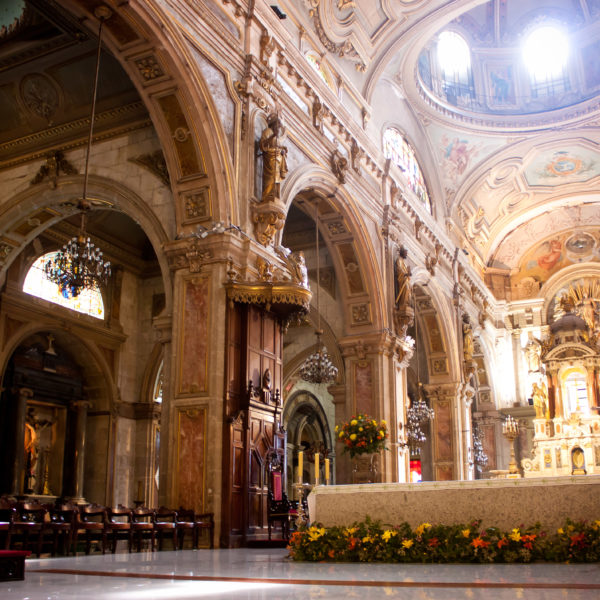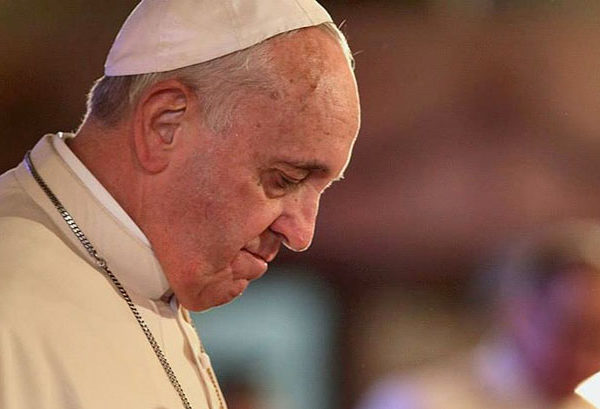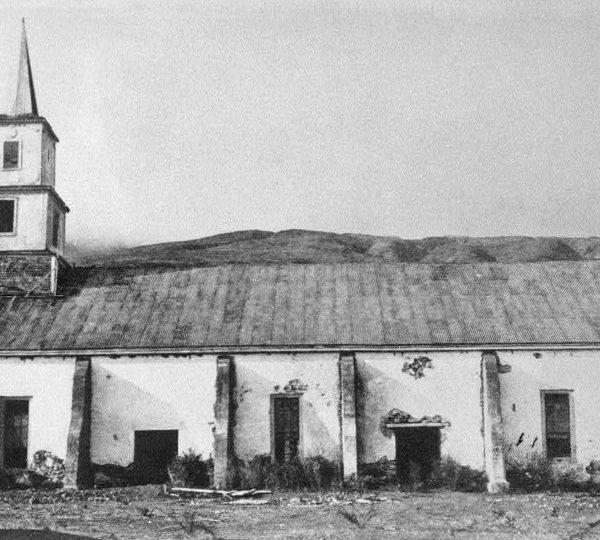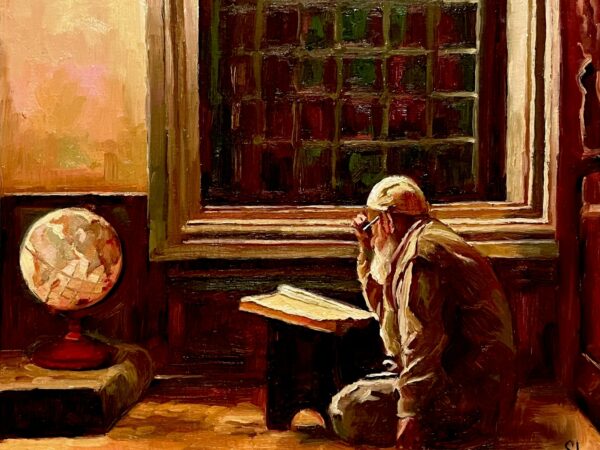
The idea of the modern secular presupposes the existence of a holistic premodern world in which the amorphous phenomenon of religion penetrated all realms of life. But the existence of an Islamic distinction between the religious and non-religious domains suggests otherwise: not a latent secularity, but rather a difference of an altogether different kind. But if it is not equivalent to the “secular,” then what is it?
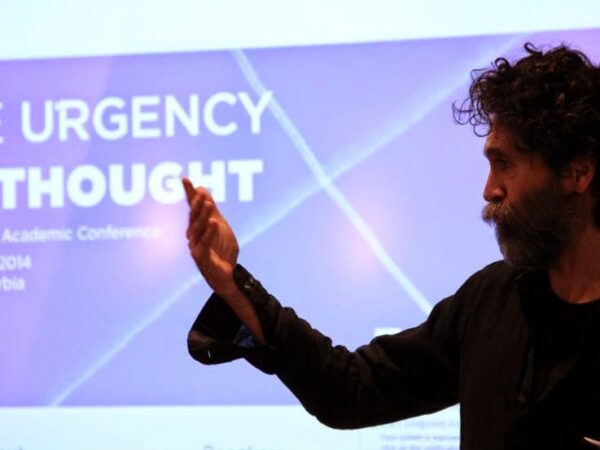
While Carl Schmitt claims that the enemy constitutes “the political,” his various writings largely ignore the historical and discursive evolution of the enemy. Anidjar’s major contribution to modern political theology lies in responding to this lacuna.
By Azar Dakwar
